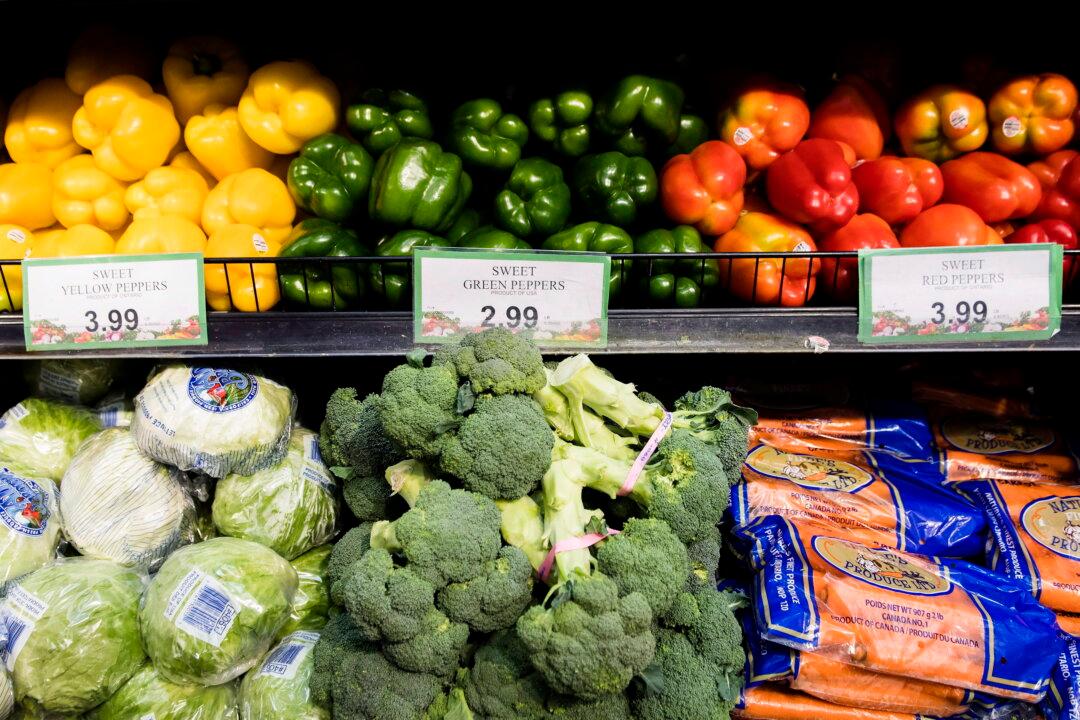Canadians want MPs to tackle the rising cost of living when Parliament resumes on Nov. 22 for the first time in five months, a new poll finds.
Conducted by Ipsos for Global News, the survey found that the rising cost of essentials such as groceries and gas have become top of mind for Canadians—outranking the COVID-19 pandemic, health care, and housing, among other concerns.





